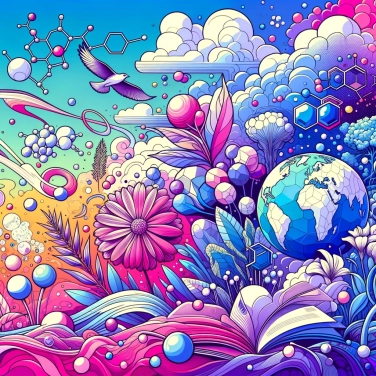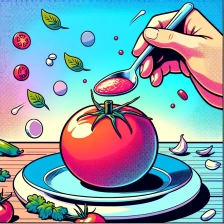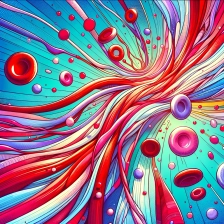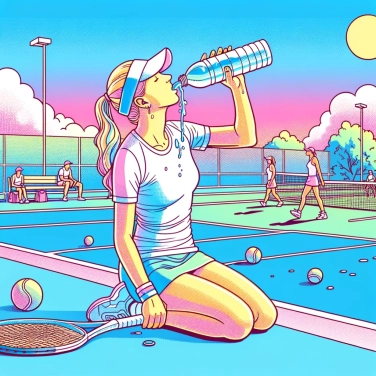In detail, for those interested!
Risk reduction of dehydration
Dehydration occurs when the body loses more fluids than it consumes. During a tennis match, players sweat profusely, leading to a significant loss of water and minerals. By maintaining adequate hydration, it is possible to significantly reduce the risk of dehydration. Water is essential for the proper functioning of the body, especially during intense physical efforts like those made during a tennis match. By staying well-hydrated, players can avoid the harmful effects of dehydration, such as fatigue, dizziness, or even fainting. Proper hydration also helps maintain the balance of electrolytes in the body, which is crucial for ensuring the proper functioning of muscles and organs. In summary, drinking enough water before, during, and after a tennis match is essential to prevent dehydration and maintain optimal performance on the court.
Maintenance of physical and mental performance
Maintaining adequate hydration during a tennis match is crucial to ensure optimal physical and mental performance. Water is essential for maintaining proper muscle function, especially during intense physical exertion such as that required during a tennis match. Even mild dehydration can lead to decreased physical performance, increased fatigue, and decreased motor coordination. Furthermore, studies have shown that dehydration can also affect cognitive functions, such as concentration and decision-making, which can negatively impact players' mental performance. By staying well-hydrated, athletes can maintain a good level of energy, better endurance, and increased responsiveness, which is essential for staying competitive throughout a tennis match.
Prevention of muscle cramps
Muscle cramps during a tennis match can be very painful and significantly disrupt a player's performance. One of the main reasons for cramps is dehydration. Indeed, when a player is not sufficiently hydrated, their muscles can contract involuntarily and cause cramps. This is why it is crucial to hydrate well before, during, and after a tennis match.
Water is essential for proper muscle function. By drinking enough water, muscles remain well hydrated, significantly reducing the risk of muscle cramps. Electrolytes found in sports drinks can also help prevent cramps, as they help maintain fluid and electrolyte balance in the body.
It is recommended to drink small amounts of water regularly throughout the match, rather than consuming large amounts of water at once. This helps maintain good hydration levels and prevent muscle cramps. It is important to note that preventing muscle cramps depends not only on hydration, but also on warming up, stretching, and the player's nutrition.
Improvement in concentration and reactivity
During a tennis match, proper hydration plays a crucial role in improving players' concentration and responsiveness. Scientific studies have shown that dehydration can negatively affect brain functions, such as concentration, attention, and coordination. In fact, even mild dehydration can decrease cognitive abilities and impair players' responsiveness on the court.
When the body is dehydrated, blood volume decreases, leading to a reduction in the supply of oxygen and essential nutrients to the brain. Consequently, brain functions can be altered, resulting in decreased concentration and responsiveness. Reflexes can also be slowed down, compromising the player's overall performance.
By maintaining proper hydration before, during, and after a tennis match, players can optimize their brain functions and promote better concentration and responsiveness on the court. Drinking enough water helps maintain a good water balance in the body, which promotes proper brain function and nerve responses.
To maximize mental and physical performance during a tennis match, it is essential to stay hydrated and ensure a good level of hydration throughout the game. By ensuring proper hydration, players can improve their concentration, responsiveness, and decision-making, which can make the difference between victory and defeat on the court.
![Explain why some countries change time zones?]()
![Explain why chilling the butter before working it into puff pastry dough ensures a better texture.]()
![Explain why Alexander the Great refused to wear shoes.]()
![Explain why Alexander the Great always wore an impressive helmet.]()





















